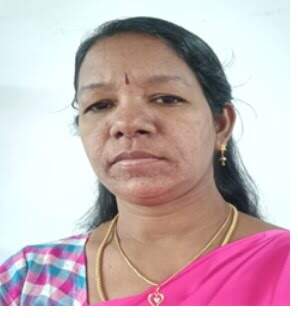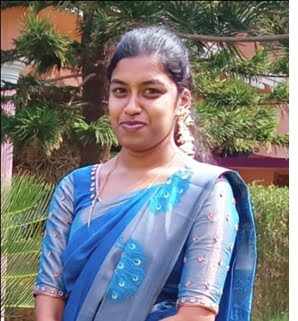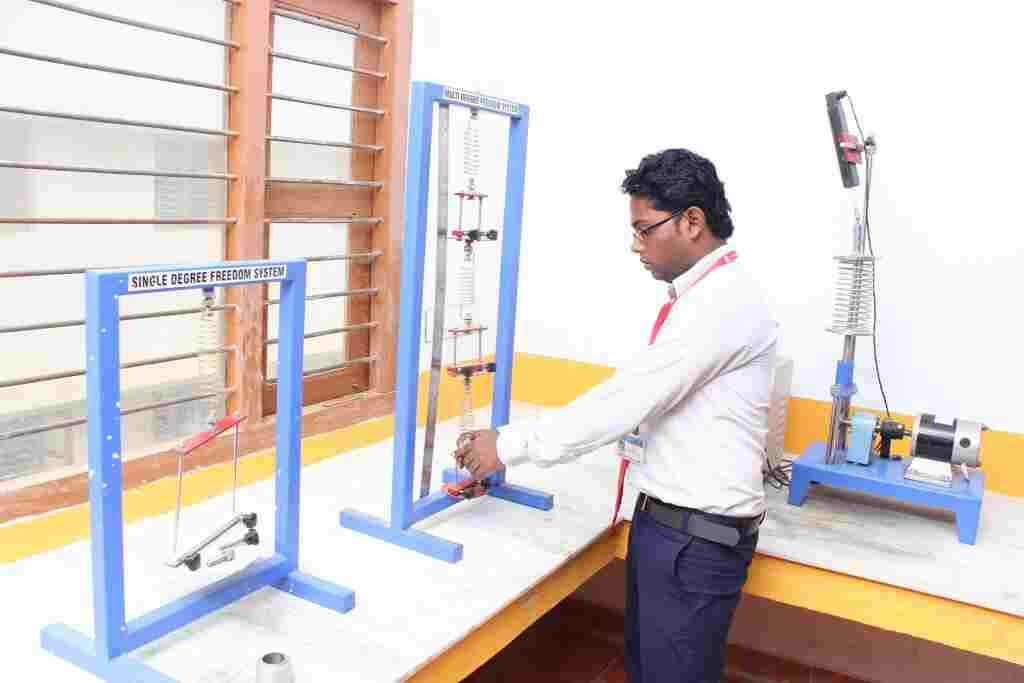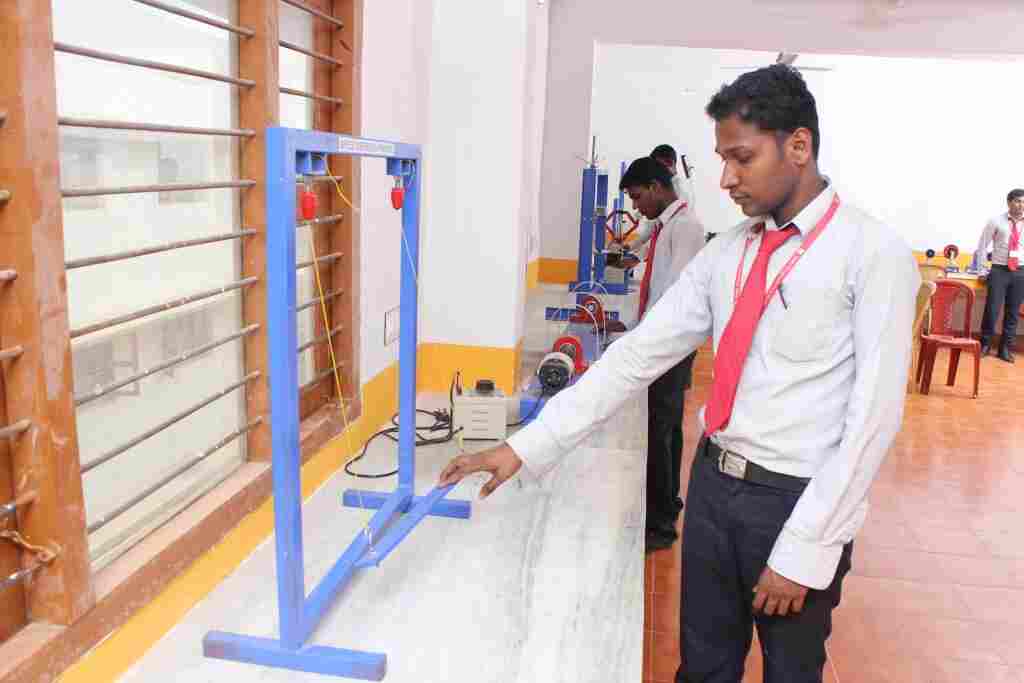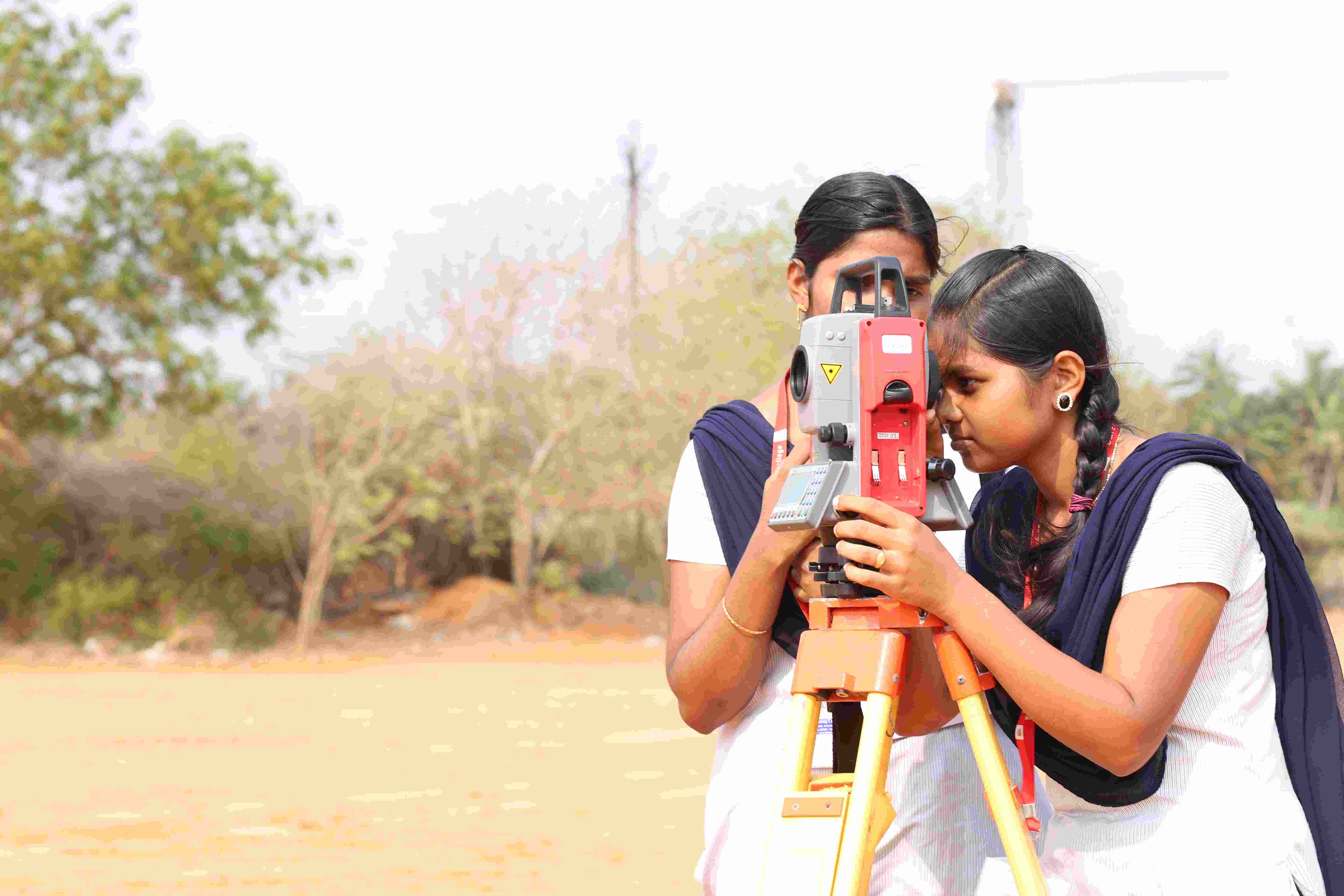Our Faculty
Our Civil Engineering faculty members are dedicated to providing students with a comprehensive and modern education in the field of civil engineering. They bring a wealth of knowledge and experience, covering a wide range of specialized domains such as structural engineering, geotechnical engineering, transportation engineering, environmental engineering, water resources engineering, and construction management.


